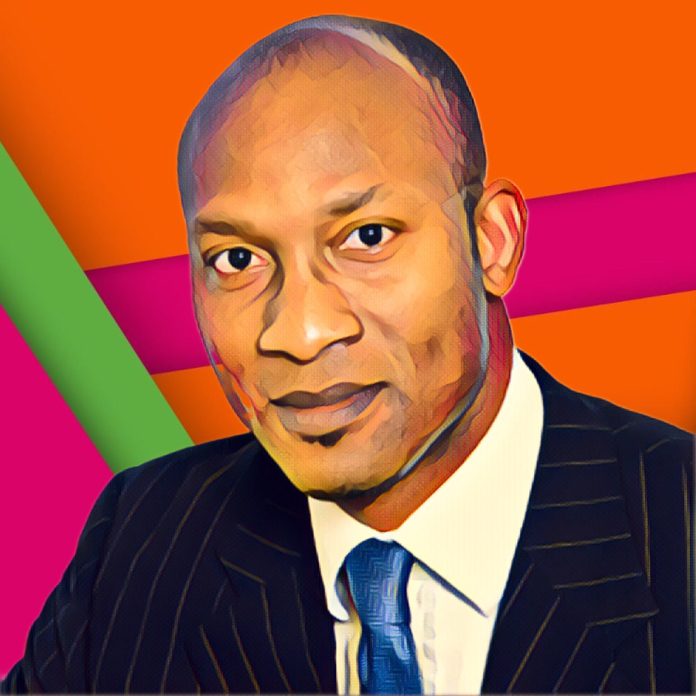KEY POINTS
-
Helios to divest its 75 percent stake in Axxela.
-
Lawani says exit reflects new capital priorities.
-
Firm pivots from gas to new growth sectors.
Helios Investment Partners is preparing to close a long chapter in Nigeria’s energy story. The UK-based private equity firm, co-founded by Temitope Lawani, plans a full exit from Axxela, one of West Africa’s largest privately backed gas distributors.
Lawani confirmed the decision in an interview, saying Helios had agreed to sell its remaining 75 percent stake in the business. He described the move as a reallocation of capital, not a retreat from Nigeria’s market.
“We signed an agreement to sell one of our businesses in Nigeria, a very large business for a meaningful amount of capital,” Lawani said. “For strategic reasons, we have opted to no longer invest in that sector. However, we’re very proud of that investment. We created a real champion.”
Helios exits Axxela after shaping Nigeria’s gas landscape
Axxela, formerly Oando Gas and Power, began in 2001 and became a standalone company in 2004. Helios took control in late 2016 and completed a full rebranding a year later. Three years after that, it acquired Oando’s final 25 percent stake, making Axxela a wholly owned subsidiary.
By 2022, the firm sold a 25 percent share to Japan’s Sojitz Corp.—its first equity move in Africa. The investment signaled global interest in Nigeria’s gas market, even amid infrastructure and policy headwinds.
Axxela today operates Gaslink Nigeria, Gas Network Services, Transit Gas Nigeria and Central Horizon Gas. Its network spans over 360 kilometers of pipelines across Lagos, Sagamu and Port Harcourt.
Helios diversifies beyond energy into new growth verticals
Helios, founded in 2004 by Lawani and Babatunde Soyoye, manages roughly $3 billion across Africa-focused funds. Its portfolio stretches from energy and telecoms to financial services and consumer goods. The firm’s offices in London, Paris, Lagos and Nairobi keep its partners close to on-the-ground operations.
The firm’s recent investments highlight a pivot toward emerging verticals. In July, Helios secured $50 million in equity from IFC and Proparco to expand into Africa’s sports and entertainment space—a sector forecast to top $20 billion by 2035.
According to Bilionaires Africa, it also acquired a 49 percent stake in Egypt’s Raya Foods in 2024 for about $40 million, strengthening its foothold in Africa’s food supply chain.
Lawani said the firm’s focus now lies in scalable industries aligned with technology, consumption and inclusion. “We want to be where Africa’s next decade of growth will come from,” he said.



